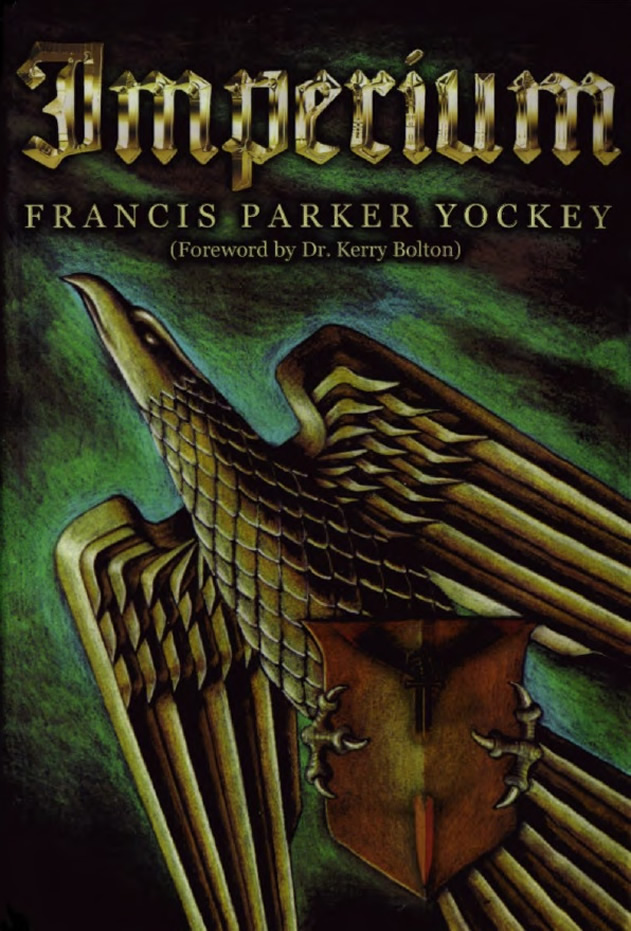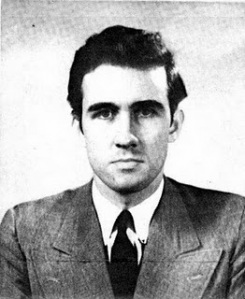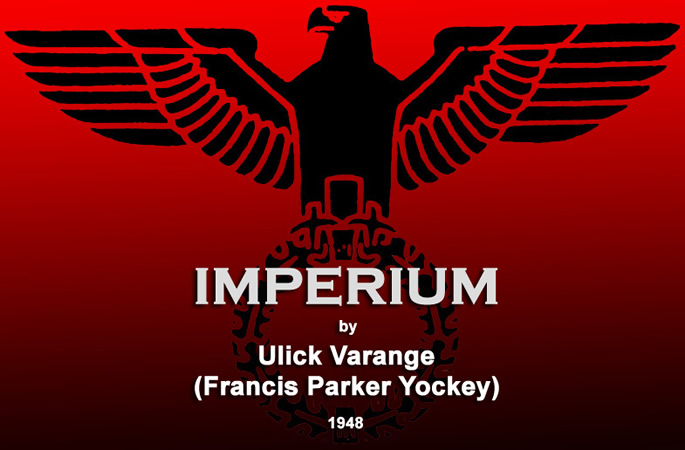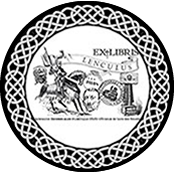
Francis Parker Yockey - Imperium
The philosophy of History and politics
2013 edition
 Much has been said already about this unique and disturbing book, but this much is reasonably certain: A thousand times more is yet to be said. Imperium is the first sequel the literary world knows to Spengler’s monumental The Decline of the West.
Much has been said already about this unique and disturbing book, but this much is reasonably certain: A thousand times more is yet to be said. Imperium is the first sequel the literary world knows to Spengler’s monumental The Decline of the West.
In fact, the author of Imperium does more than even Spengler attempted — he defines and creates the pathology of Culture in all of its infinitely urgent importance, including the discipline of Cultural Vitalism.
Imperium rejects the Nineteenth Century: the parched fossils of its thought — Marx, Freud and the scientific-technical world outlook; its exhausted political nostrums — the pluralistic state, liberalism, democracy, communism, internationalism; all of which fail to satisfy the organically vital realities of politics.
Imperium presents unique and almost esoteric political, social and historical definitions and explanations which shall become more widely known — indeed, commonly understood — if our West survives.
Imperium is probably the first book to advocate European unification — to dogmatically predict it — in terms other than the crassly materialistic. Imperium is the first comprehensive and profoundly constructive alternative to the Marxist-liberal degeneracy surrounding us. Imperium is the creation of a man who believed in his Destiny — and in this book — so thoroughly that he became a martyr to it. Imperium is written with a dramatic style and flair for expression seldom encountered even in novels. Yet rising above all else is the simple fact that in Imperium a creative genius has given the world something new: A fourth dimension of intellect and a new concept of spirituality. Imperium heralds the dawn of a new day of Faith.
Among all books, therefore, Imperium has a distinct status. Hardly a man alive will agree with all it contains, yet will not find his personal horizons extended by the reading of it.
Forword by Dr. Kerry Bolton.
This edition of Imperium attests to the increasing interest by new generations in the Euro-American thinker, Francis Parker Yockey. It also bodes well for overcoming the hitherto often shallow perceptions of the post-war Anglophone Right. For, while Yockey wrote in English, the defeat of fascism meant that Europe has been denied much of its cultural and intellectual heritage, causing perceptions to remain preoccupied with the symptoms caused by present subversion, such as 'coloured immigration' and 'civil rights', without having an analytical paradigm to understand the deeper malady in the West. This is why Yockey had no time for much of the American Right, and why he soon parted from Mosley's movement in Britain.
The triumph of liberalism after the war led to the suppression and slander of the anti-liberal elites that had flourished before the war, until the 'Right' became synonymous with crudity, hatred, and ignoranee. Those who had supported fascism were made negative examples: Knut Hamsun, the Norwegian Nobel Prize novelist, was labelled a 'quisling' and ostracised, while Robert Brasillach, Drieu La Rochelle, Martin Heidegger, and countless others of Europe's culture-bearing stratum were maligned and marginalised under 'denazification'.
Contrary to the post-war myth of universal 'resistance', however, the Occident by no means greeted fascism with a universal resolve to defend 'Liberty, Equality, and Fraternity'. And despite the barbarity of the 'Liberation' and the tyranny of the 'Occupation' in the aftermath of the conflict, many Europeans refused to yield to liberalism's soft servitude or the blandishments of Marshall Aid. Even in Britain Mosley and his numerous pre-war followers soon organised a new movement, this time not for British Nationalism and the unity of the Empire, but for a wider post-war vision of European unity-a vision that had until then been obscured by the contingencies of the war and the emphasis on national chauvinism. Indeed, it was Mosley's lifelong regret that Fascism, in its many manifestations, had been far too 'national', and that, if the pan-European vision of its stalwarts had prevailed, the fratricidal war would have been avoided.
Francis Parker Yockey - Imperium - Audiobook
Francis Parker Yockey - Imperium - Español
Francis Parker Yockey - The enemy of Europe Audiobook
Francis Parker Yockey - PDF




